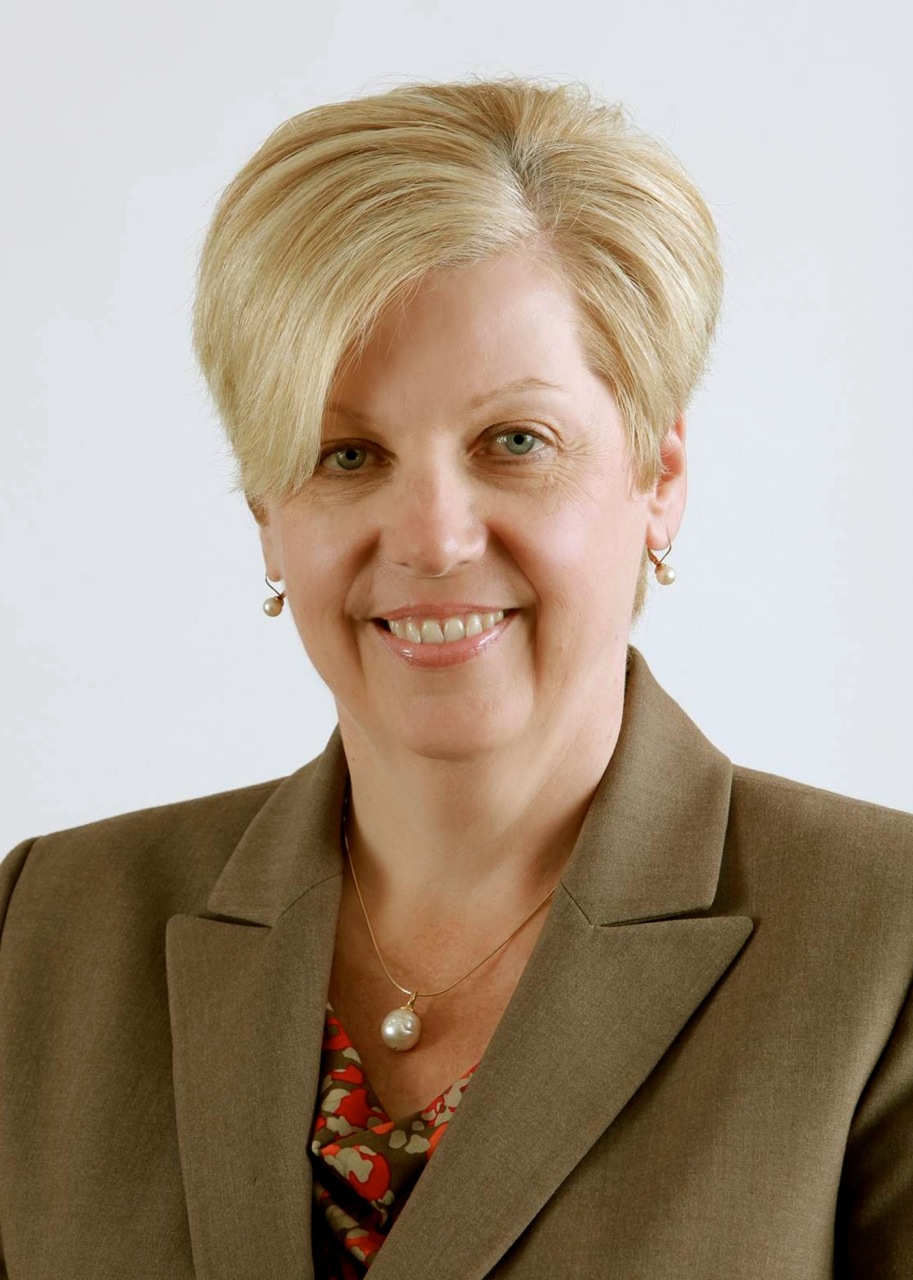 It’s finally here. After nearly two full years of intense discussion and preparation, the Consumer Financial Protection Bureau’s (CFPB's) TILA-RESPA Integrated Mortgage Disclosures rule (TRID) has taken the mortgage industry by storm. Nancy Tarr, VP of national escrow operations at First American Title Insurance Corp., provides a checklist of questions that lenders should ask settlement providers when navigating this new process.
It’s finally here. After nearly two full years of intense discussion and preparation, the Consumer Financial Protection Bureau’s (CFPB's) TILA-RESPA Integrated Mortgage Disclosures rule (TRID) has taken the mortgage industry by storm. Nancy Tarr, VP of national escrow operations at First American Title Insurance Corp., provides a checklist of questions that lenders should ask settlement providers when navigating this new process.
Loan applications received beginning October 3 will now require a Loan Estimate and a Closing Disclosure. Lenders, who are responsible for compliance with TRID on mortgage transactions, may face penalties if they fail to comply with the new waiting period timeframes or if the TRID disclosures are not accurate. Saying it’s the most significant change to residential real estate lending and the process for closing residential real estate loans in decades may be an understatement.
TRID has been the topic of hundreds of hours of internal meetings, customer-focused webinars, and presentations at various conferences. Across First American and the industry, TRID has dominated thousands of conversations among lenders, real estate agents and brokers, title and settlement agents, and others over the last two years.
"The the preparation for TRID has helped to establish a new appreciation among lenders, real estate agents and brokers, and title insurance and settlement service providers for the important roles each participant plays in the real estate transaction."
But, are we really ready? A recent survey of REALTORS found they were optimistic, and First American’s title agents expressed optimism in a recent survey, as well. The optimism is welcoming, but what will happen when that first loan application comes in? What should the lender discuss with their settlement provider? To help the industry put its best foot forward, here are five questions that loan officers should address with their settlement provider as they handle their first mortgage transaction under TRID.
1. What collaboration software are you able to use?
Most lenders recognize that preparing the Closing Disclosure themselves will be the most efficient and reliable way to ensure compliance, but they need to collaborate with their settlement provider to obtain some of the information necessary to prepare the form. Third-party collaboration software has been developed to streamline and safeguard the information as it passes between lenders and settlement agents. In fact, third-party collaboration software has become such a prominent part of the industry conversation, I think “collaboration” might be the 2015 “word of the year!” Lenders will likely dictate which software is used, and will need to make sure that their settlement providers can accommodate.
2. How will we address the simultaneous issue fees in the Loan Estimate?
Settlement providers realize that lenders need to disclose the full loan policy premium (as if no owner’s policy was being issued). In addition, in most states, lenders will need to perform some calculations to arrive at the incremental cost for the borrower to obtain an owner’s policy. Lenders will need to communicate to settlement providers what they need and when they need it. Settlement providers can provide the fees during the creation of the Loan Estimate or Closing Disclosure, but will need to know the lenders preference.
3. When will we speak again to discuss the preparation of the Closing Disclosure?
Most lenders are indicating that they will need all the “final” numbers 10-15 days before closing/consummation. Settlement providers will need to know from the lender what their expectation is for the receipt of the “final” numbers, so they can begin collaborating on completing the Closing Disclosure.
4. How will we address last-minute changes to the Closing Disclosure?
As much as both lenders and settlement providers will want those numbers “finalized” 10-15 days before the borrower signs, it’s reasonable to expect that there will be last-minute changes. Lenders will need to advise settlement providers of the changes, and settlement providers need to know how to communicate any changes back to the lender, as well. Close communication will be critical to create an accurate, corrected Closing Disclosure that reflects last-minute changes.
5. Will you still prepare a settlement statement?
It’s important that lenders understand that most, if not all, settlement providers will still prepare a settlement statement. It’s critical to document evidence that the borrower and seller approved of the disbursements made as part of a settlement. Like with the Closing Disclosure, lenders and settlement professionals will need to collaborate (again!) to minimize customer confusion.
Addressing these questions upfront will help set up the loan officer and the settlement provider for success in closing their first TRID transaction. Undoubtedly, there will still be surprises and challenges to resolve as the industry adapts to TRID. But, I believe the preparation for TRID has helped to establish a new appreciation among lenders, real estate agents and brokers, and title insurance and settlement service providers for the important roles each participant plays in the real estate transaction. This will serve the industry well moving forward, and provides a solid foundation to address the surprises TRID will bring.
Click here to learn more about First American Title Insurance Corp.

 theMReport.com Your trusted source for mortgage banking news
theMReport.com Your trusted source for mortgage banking news










